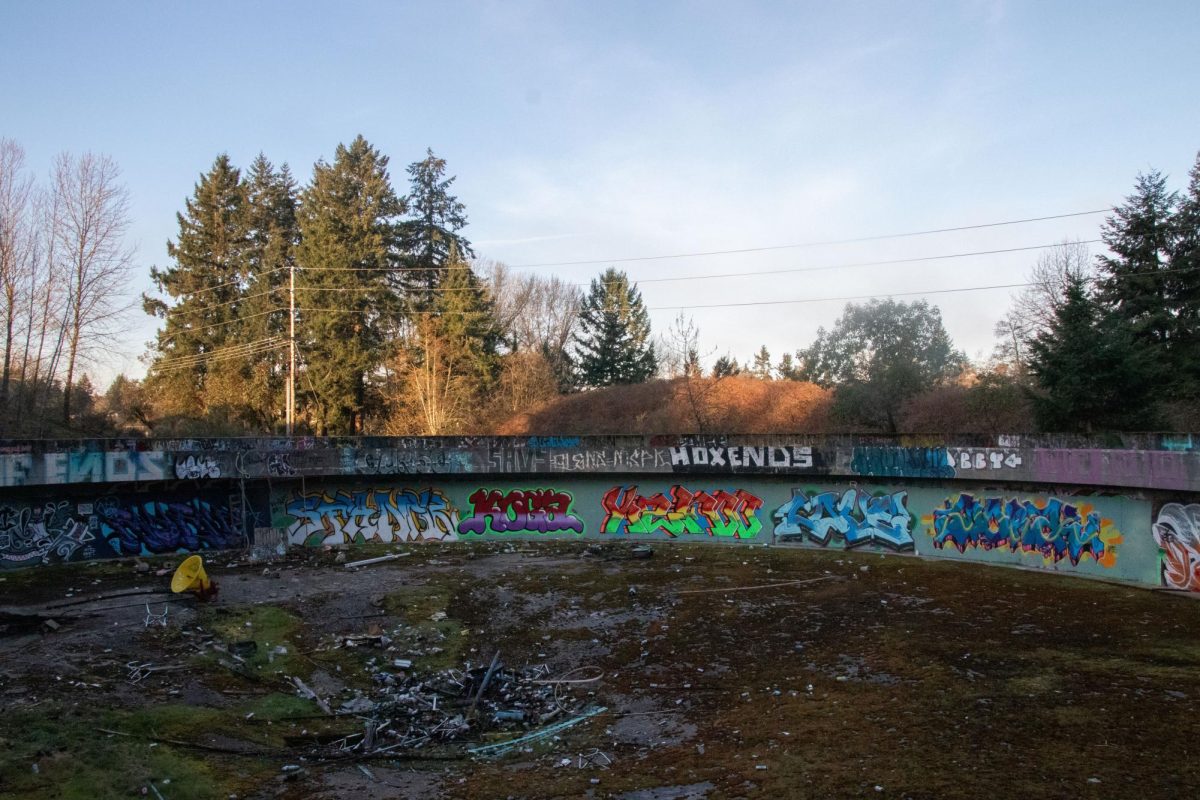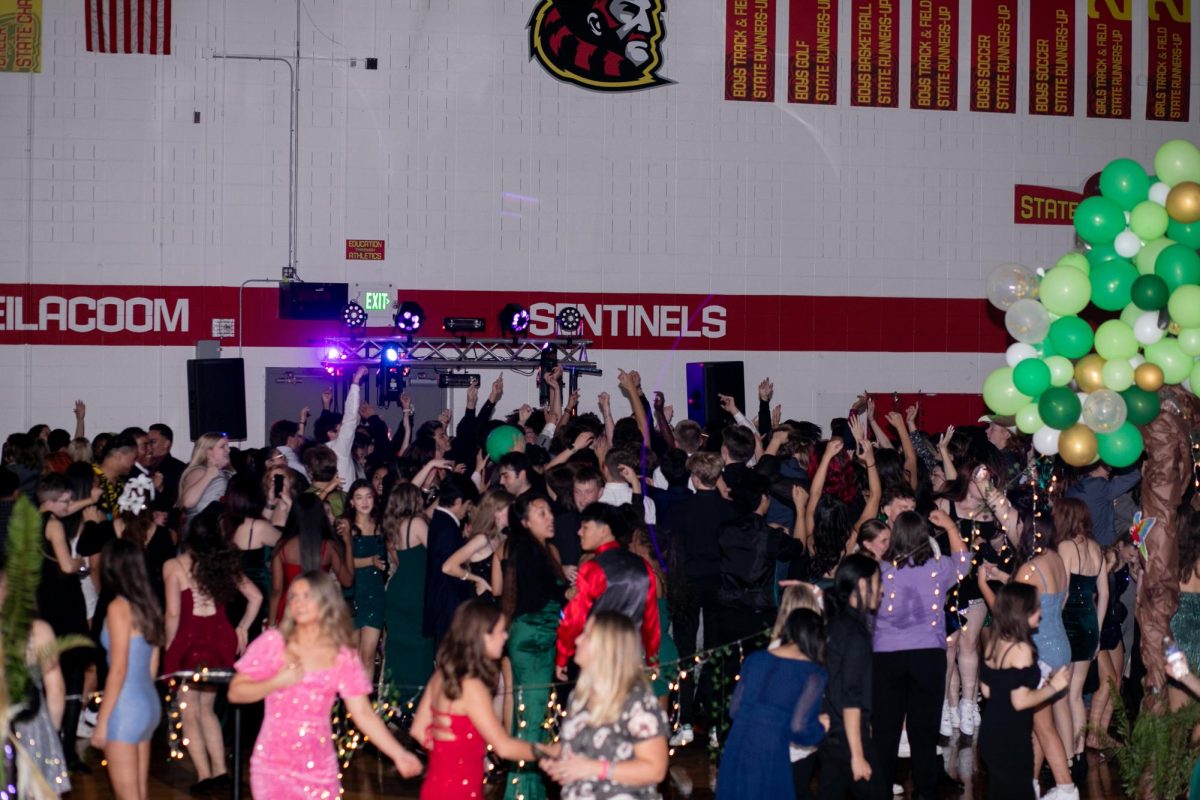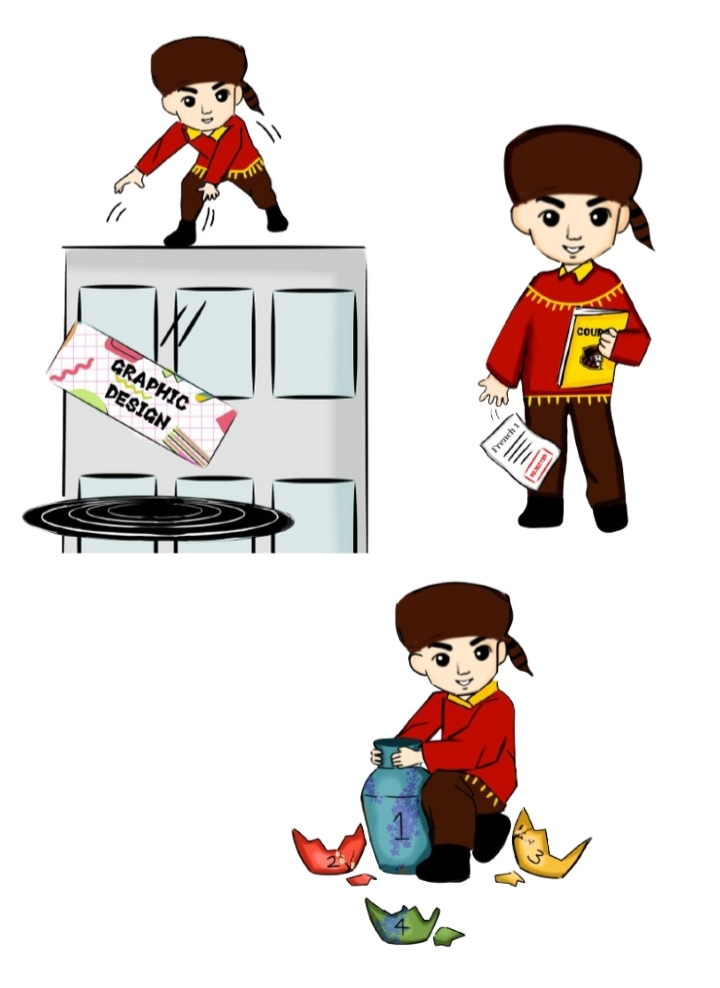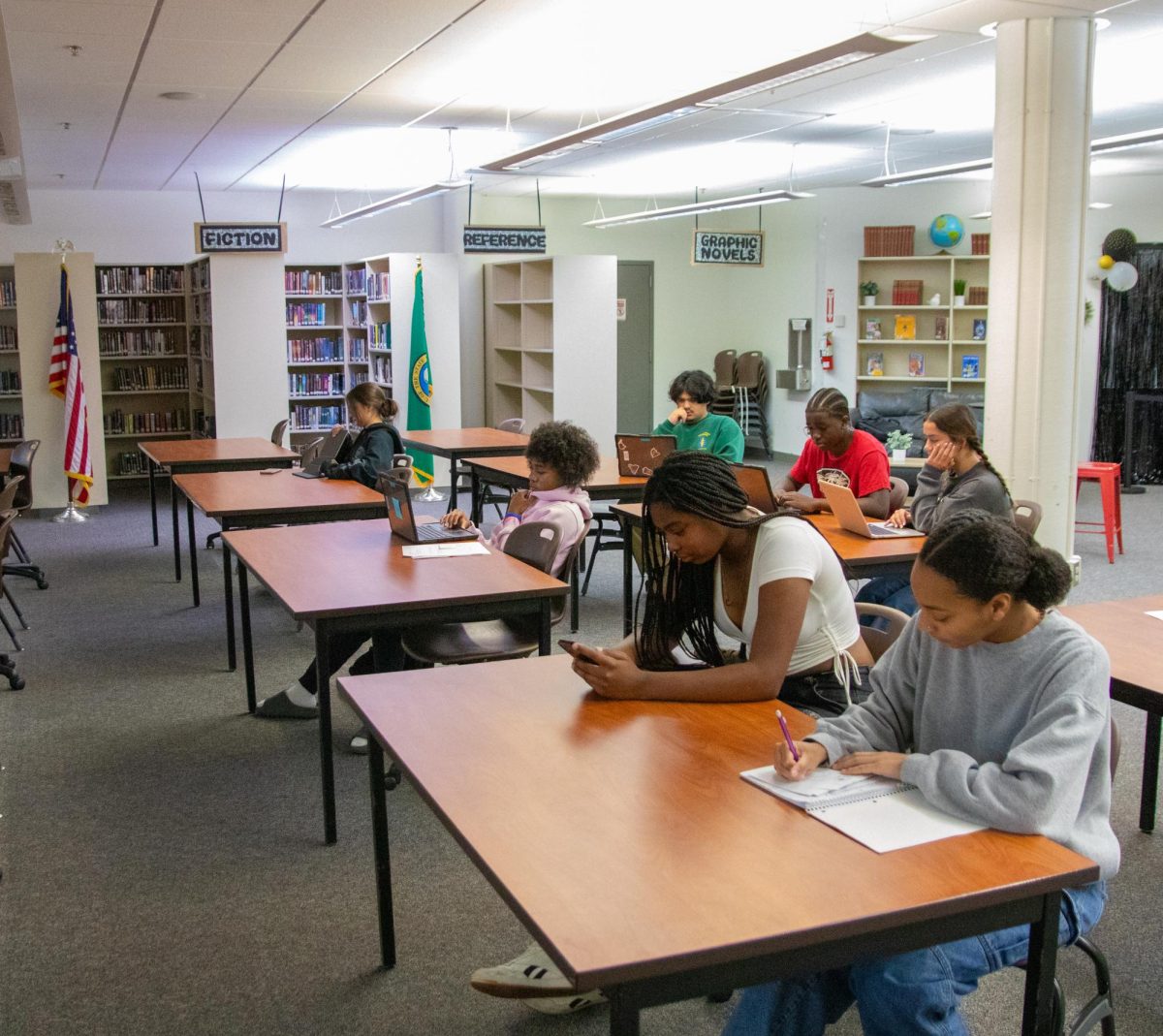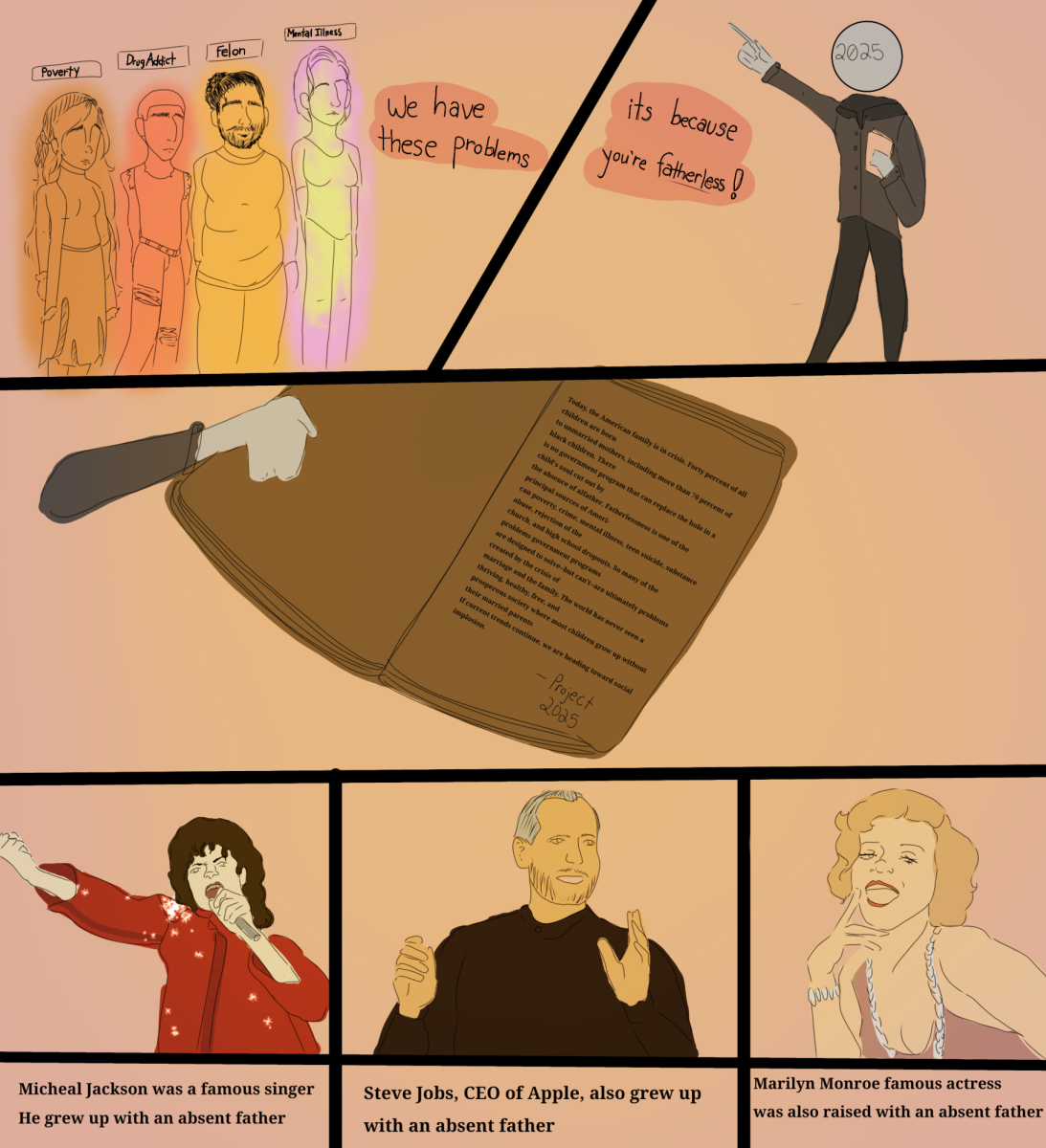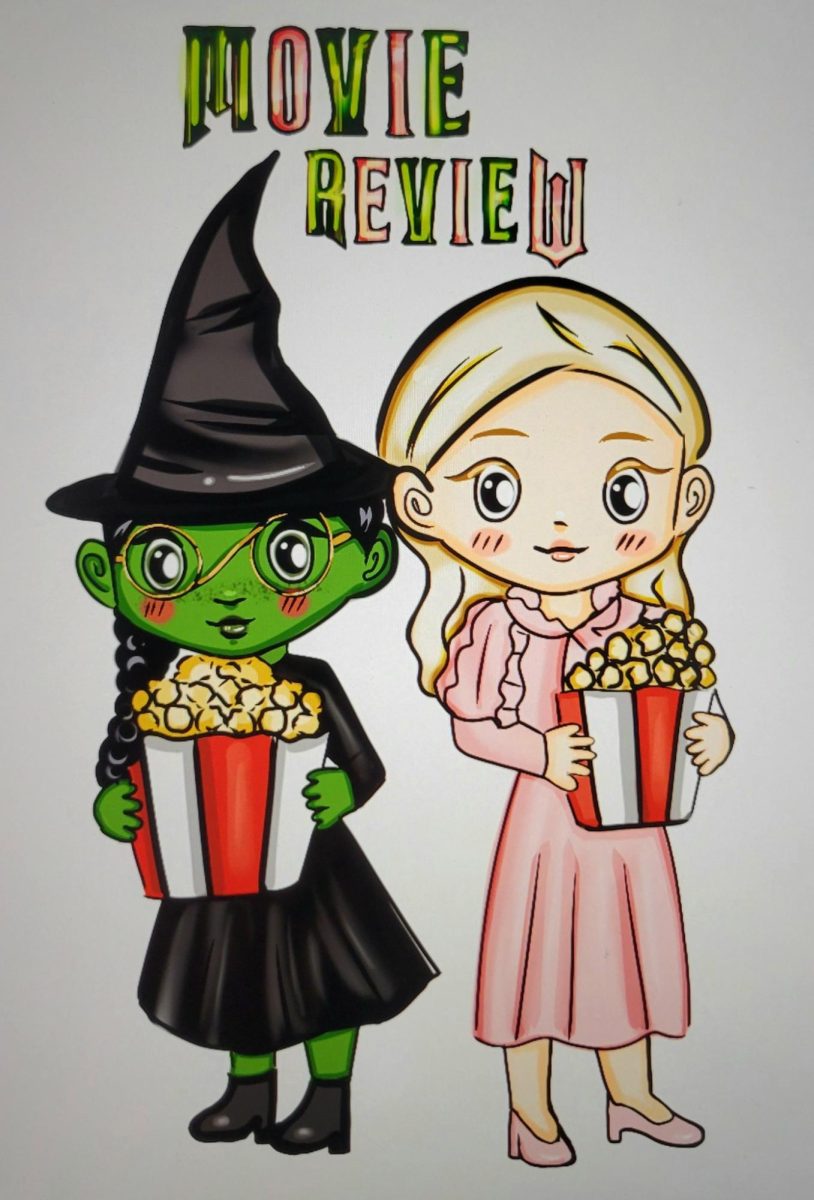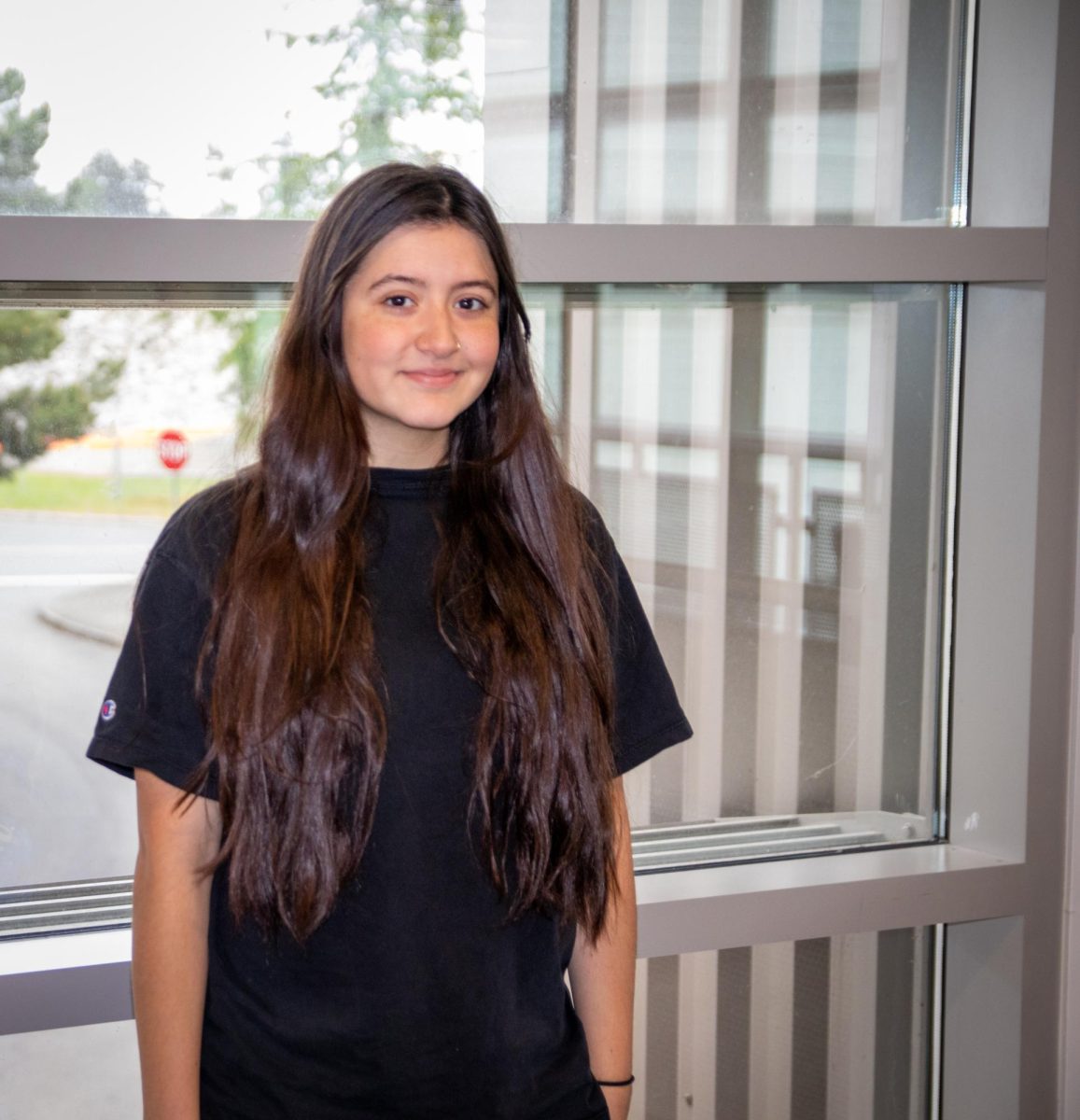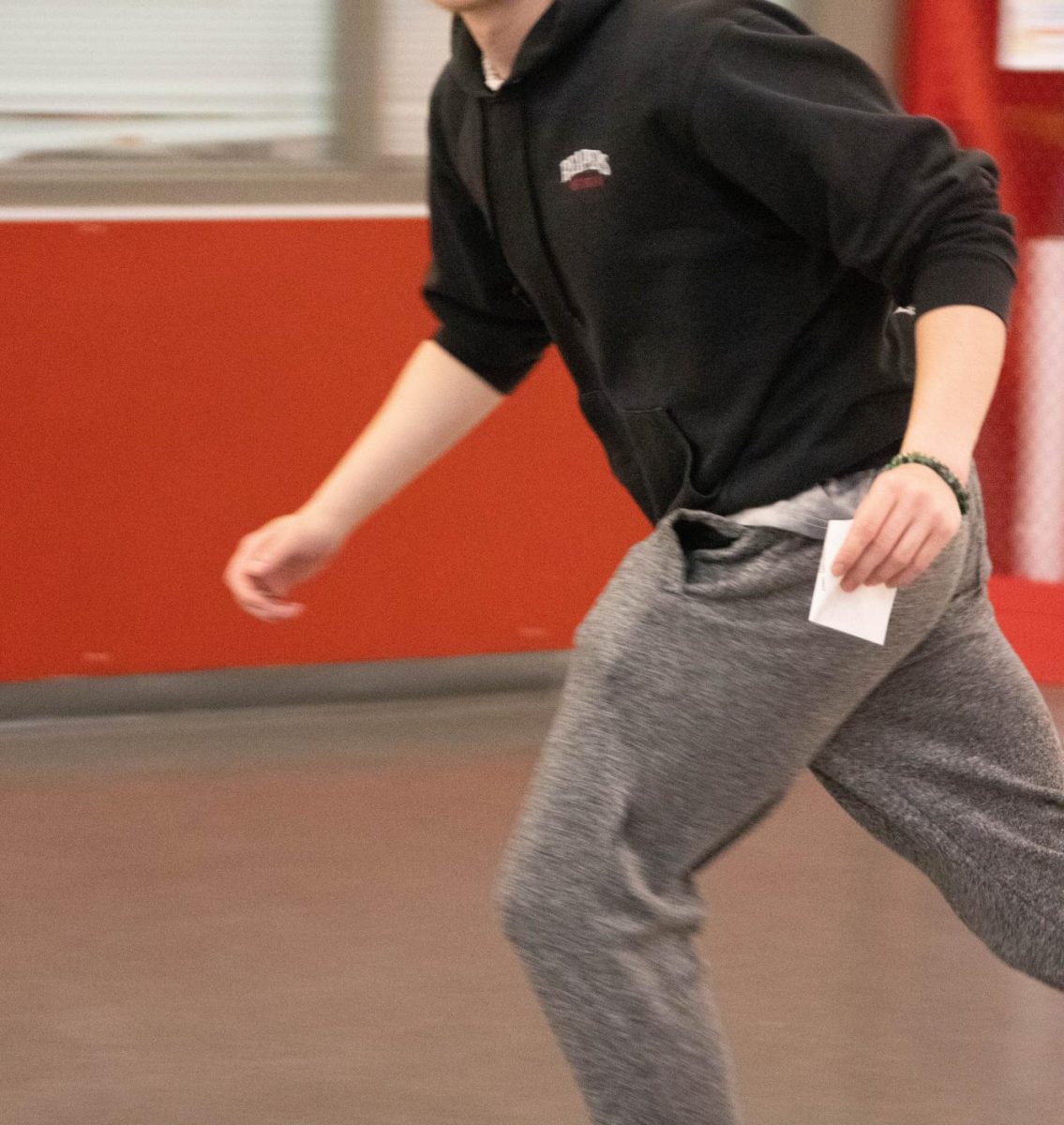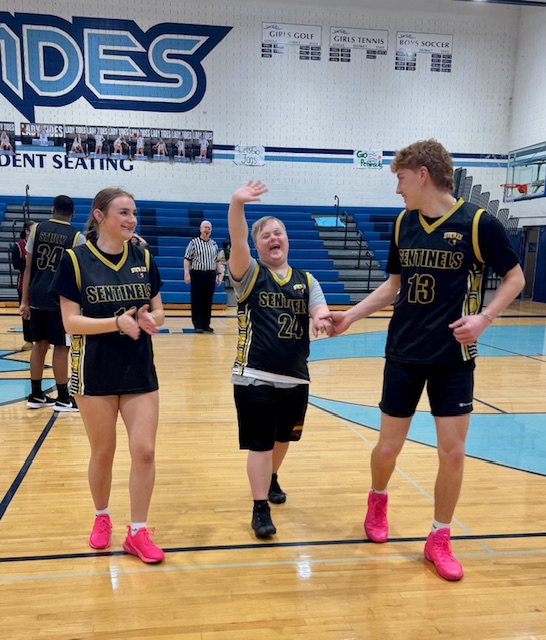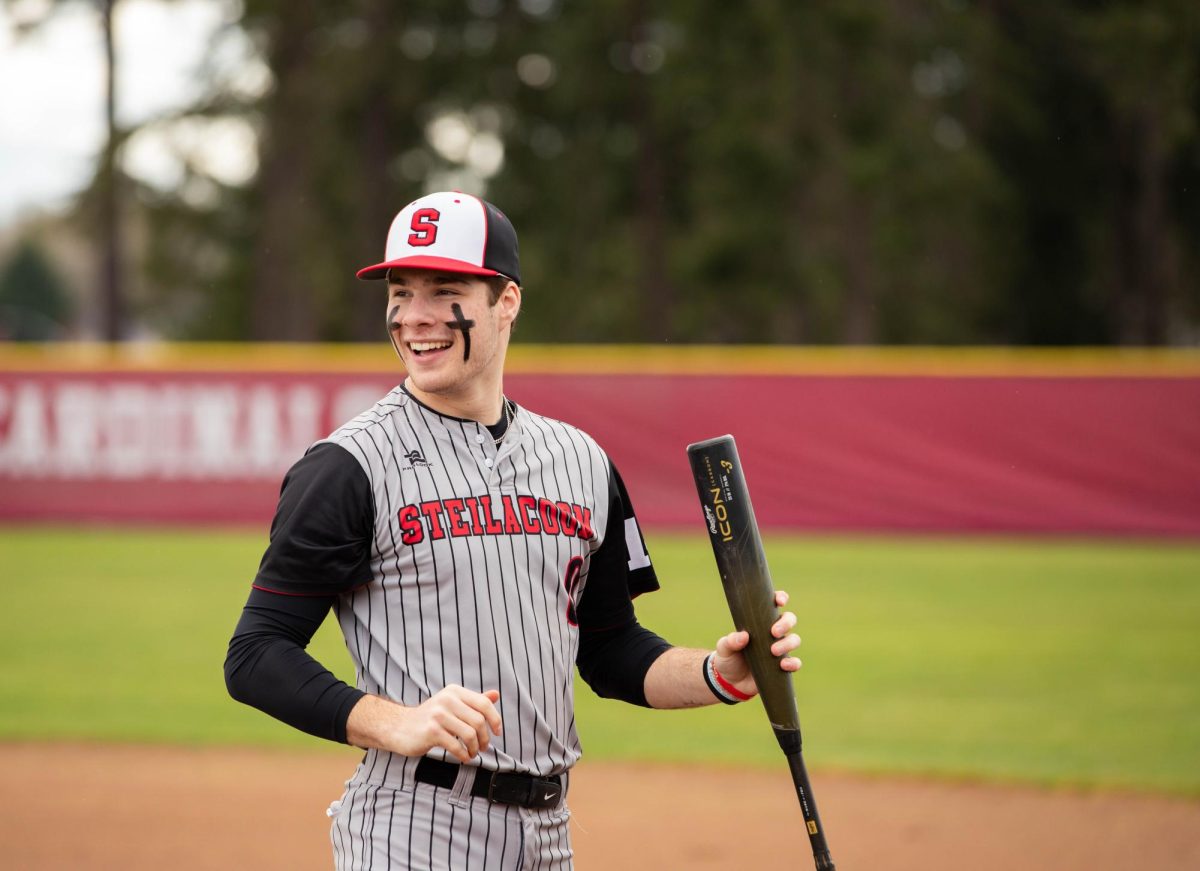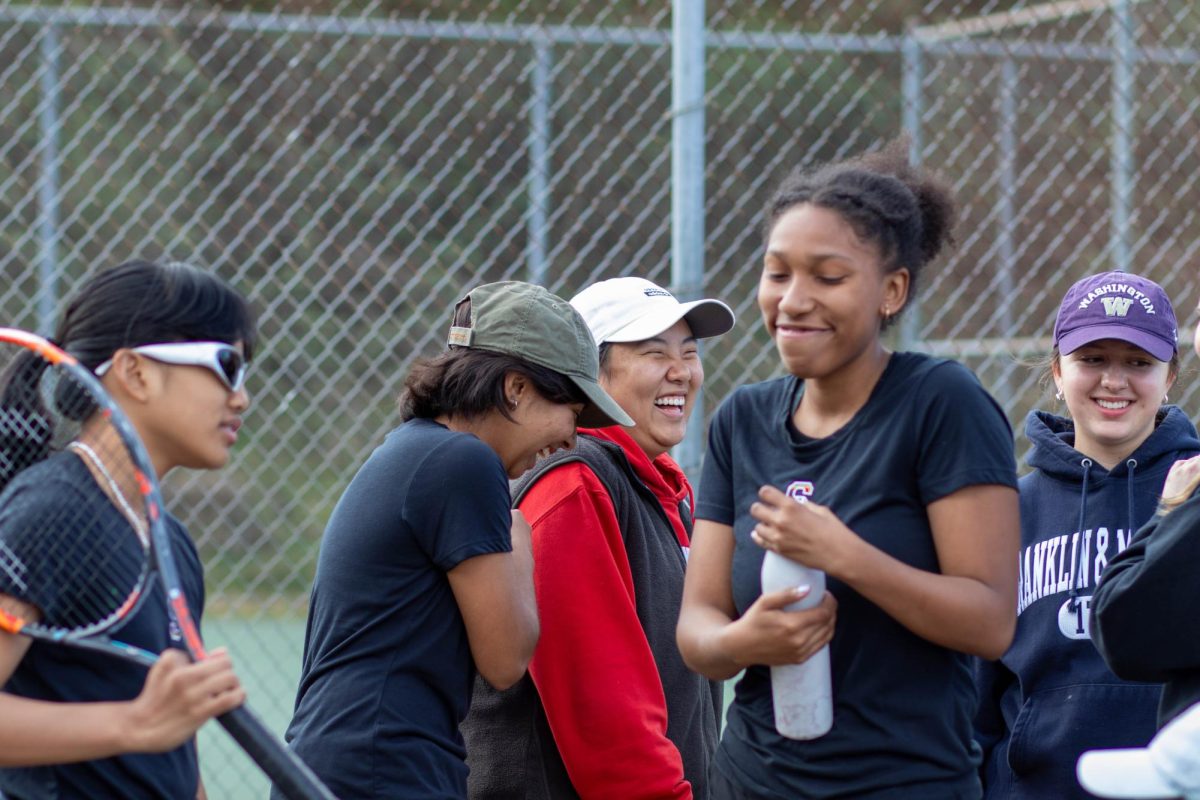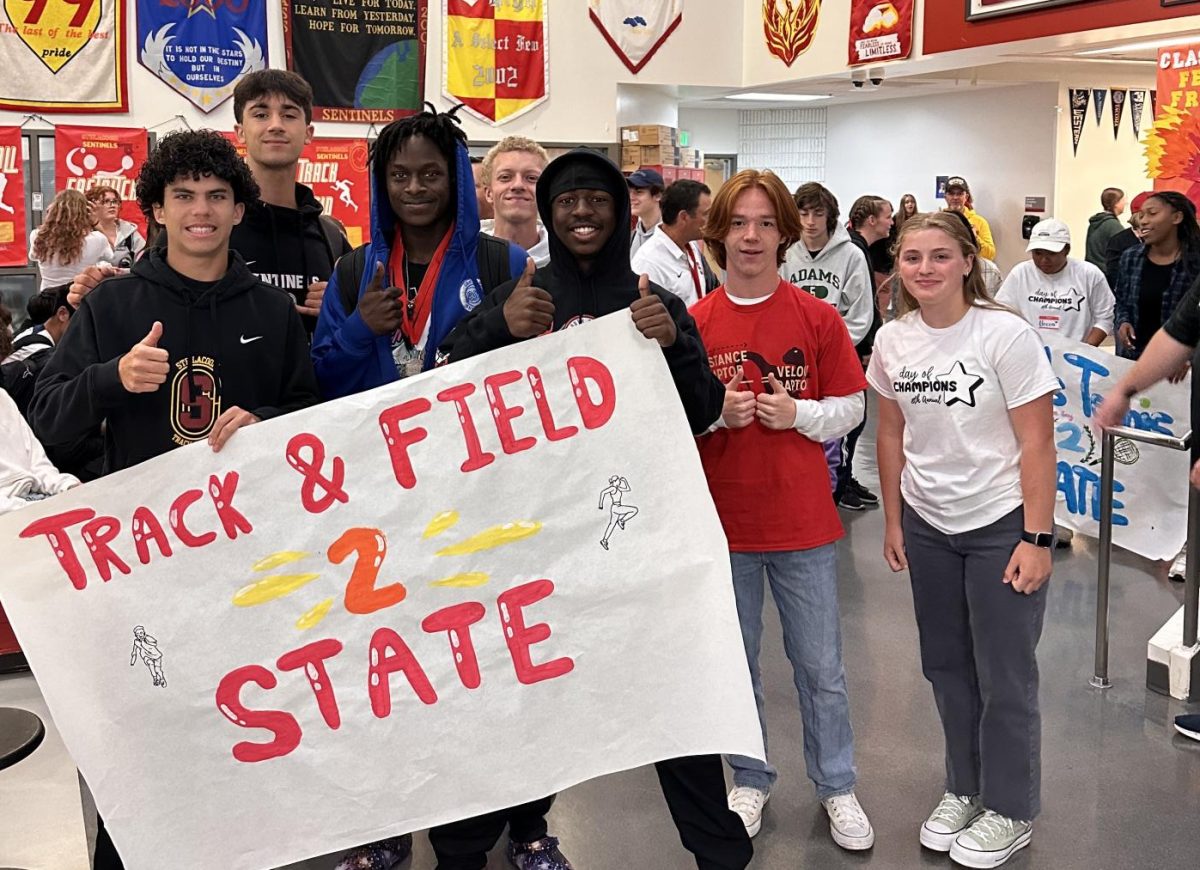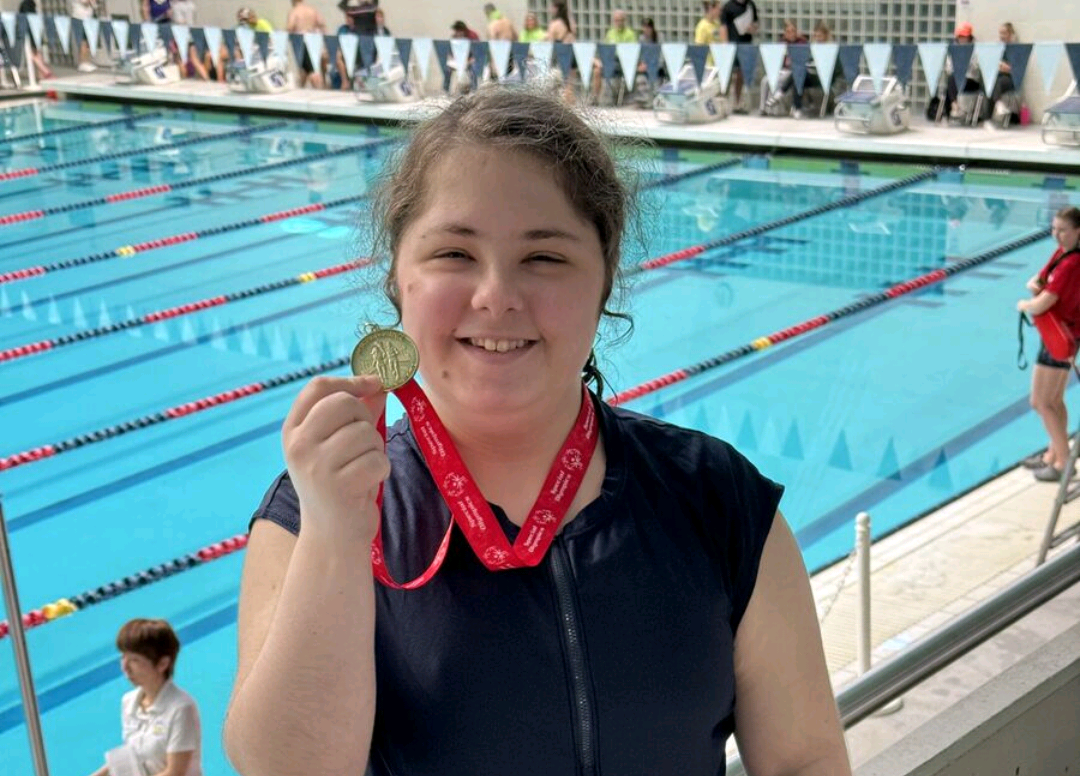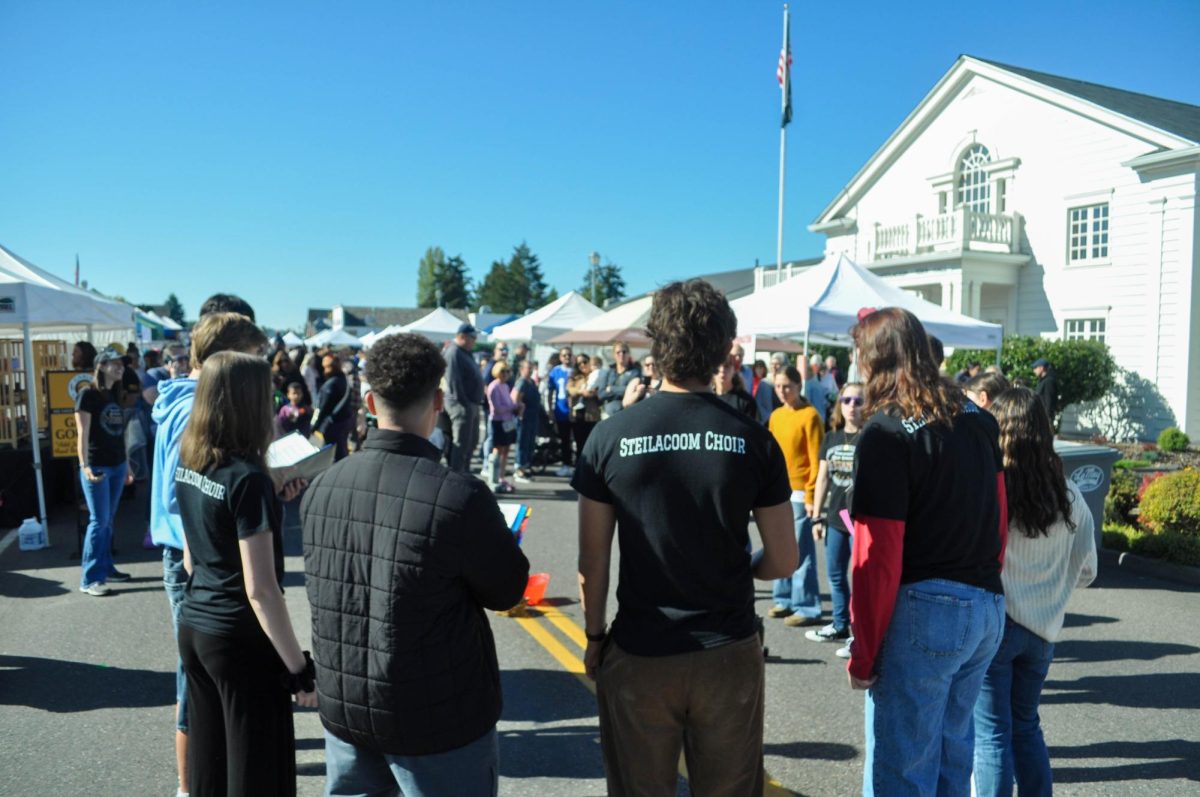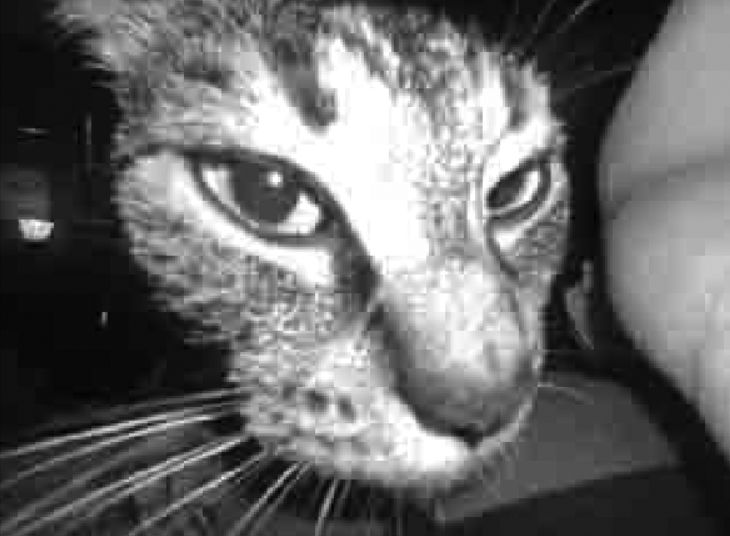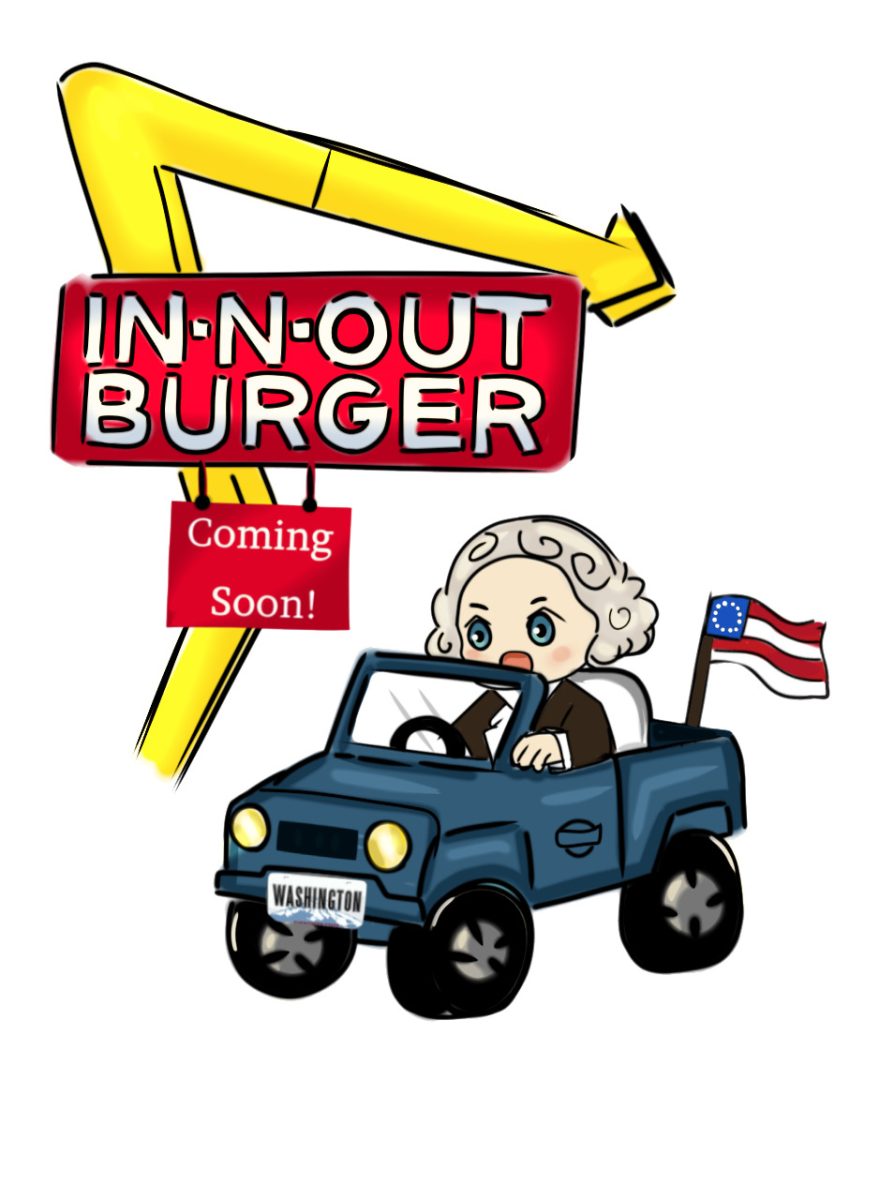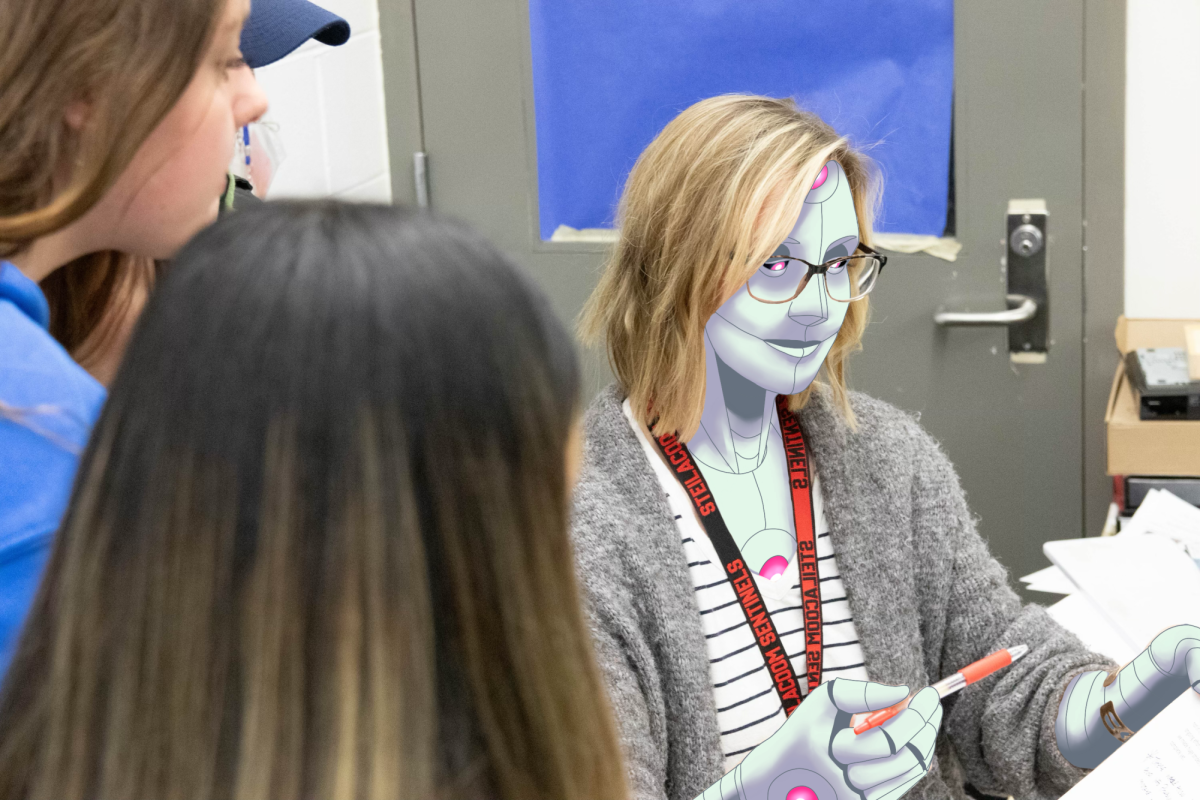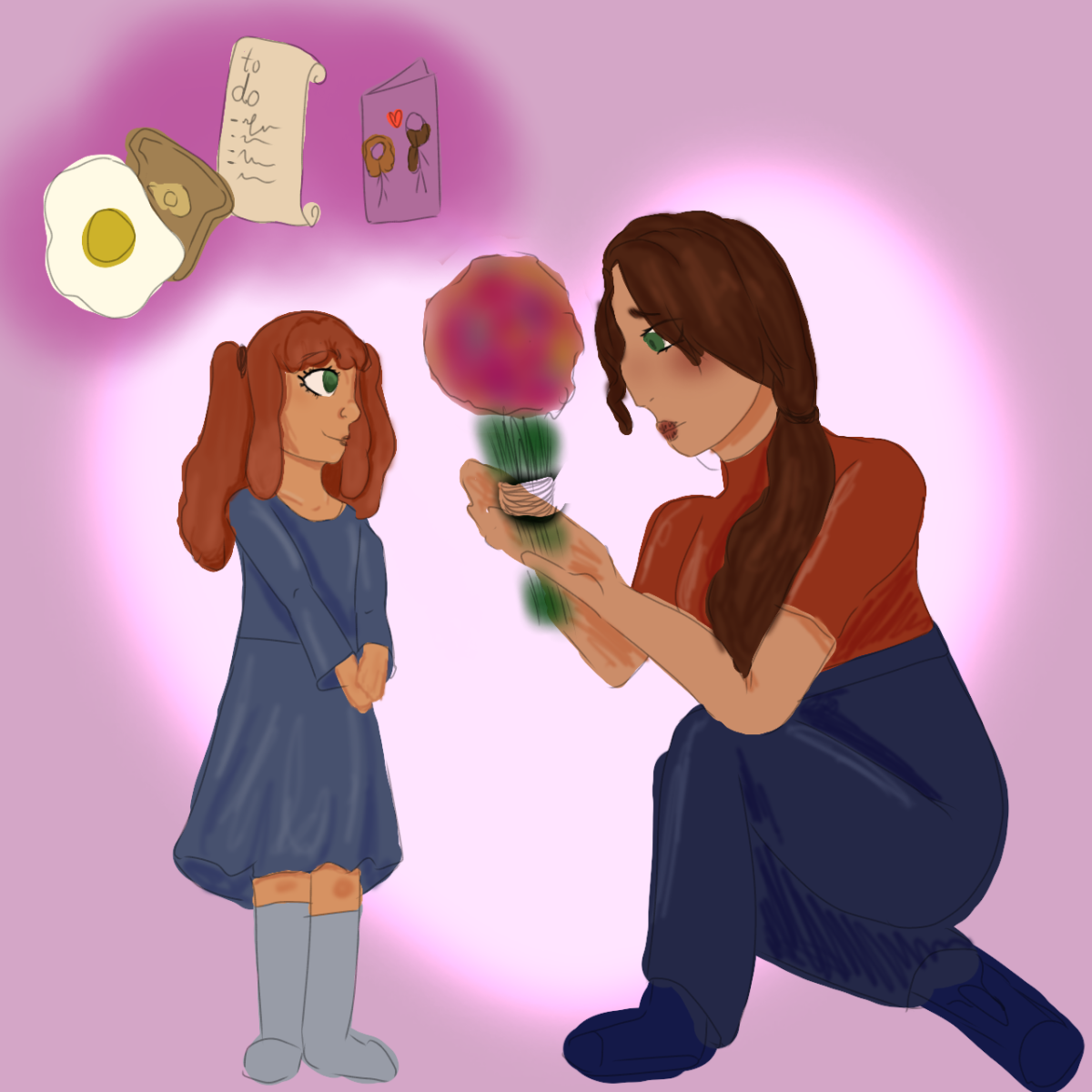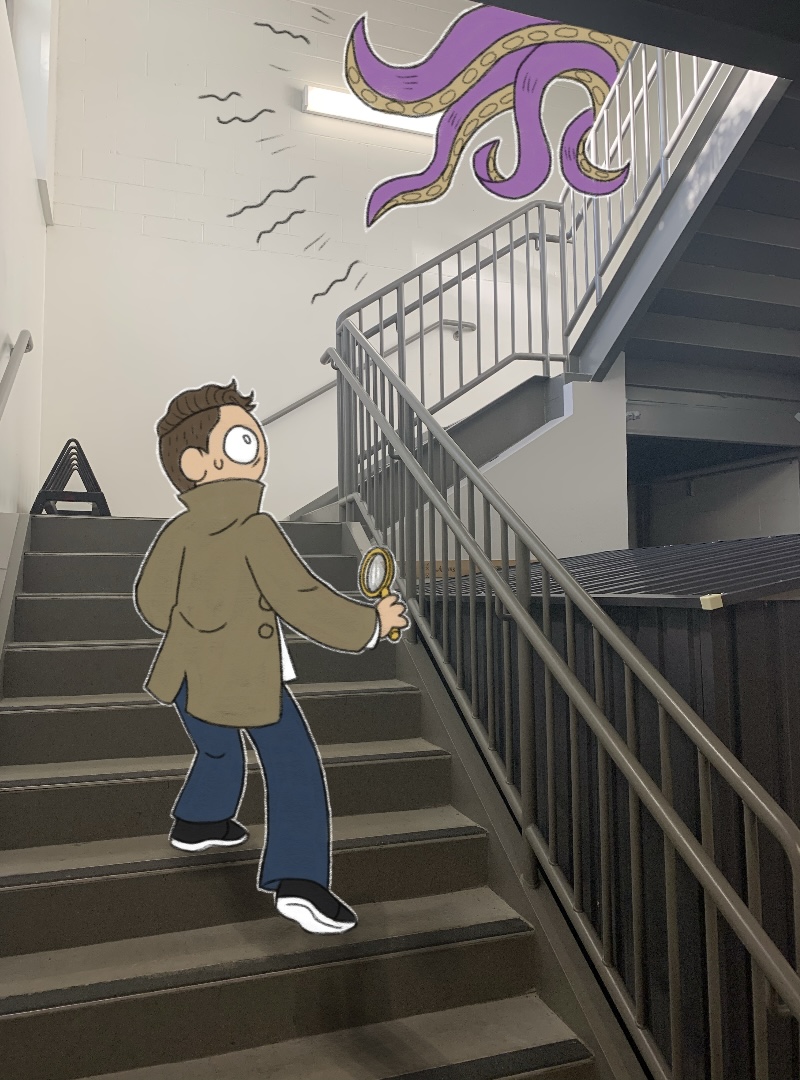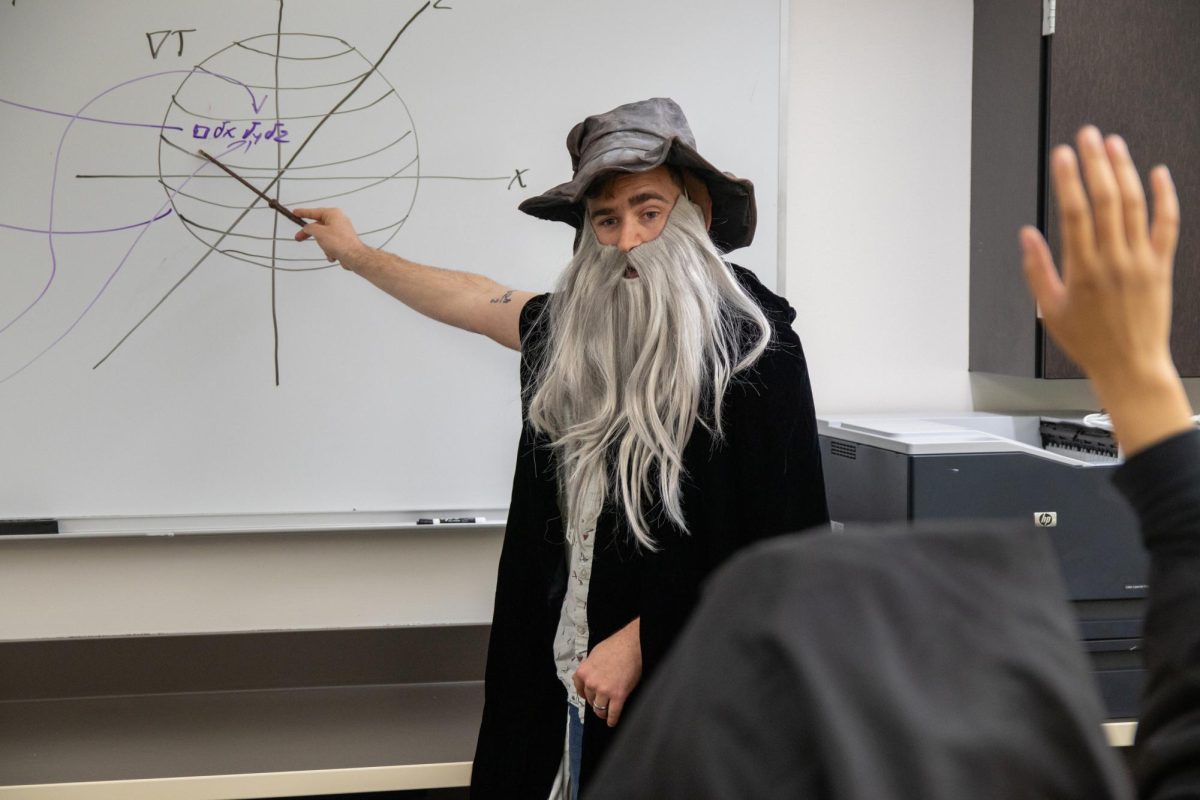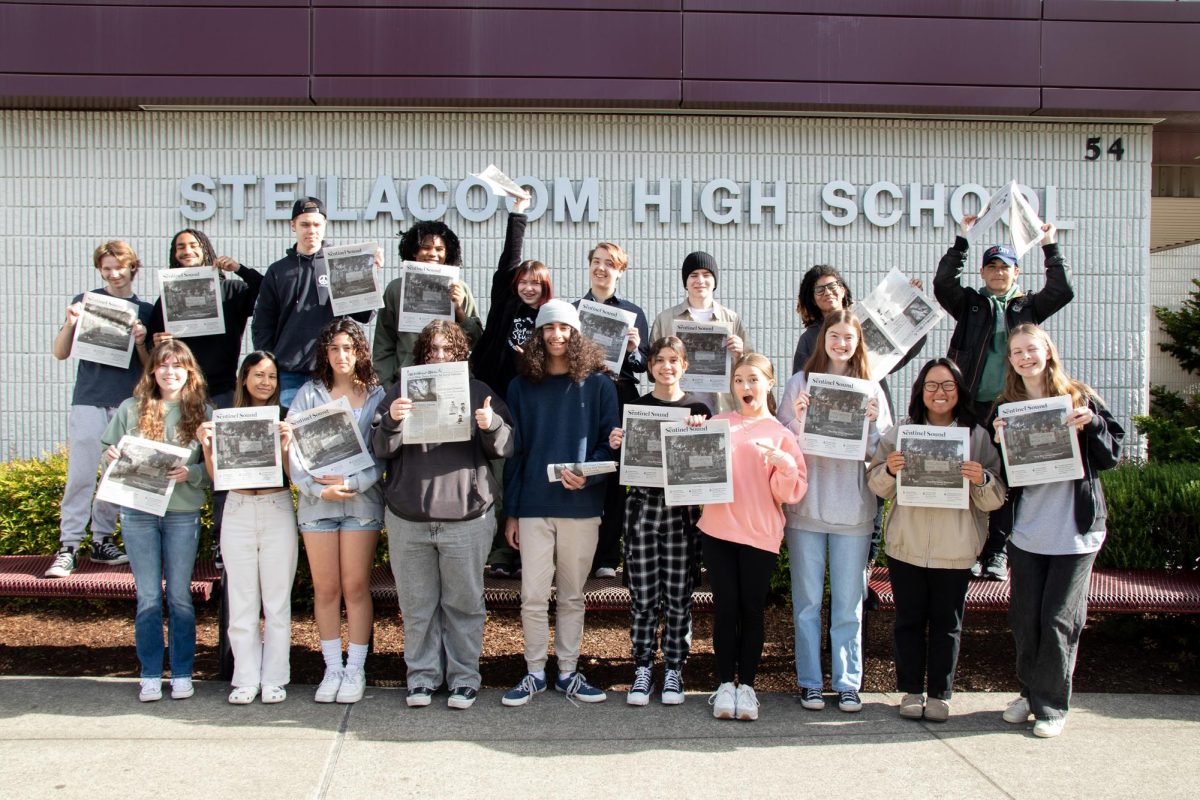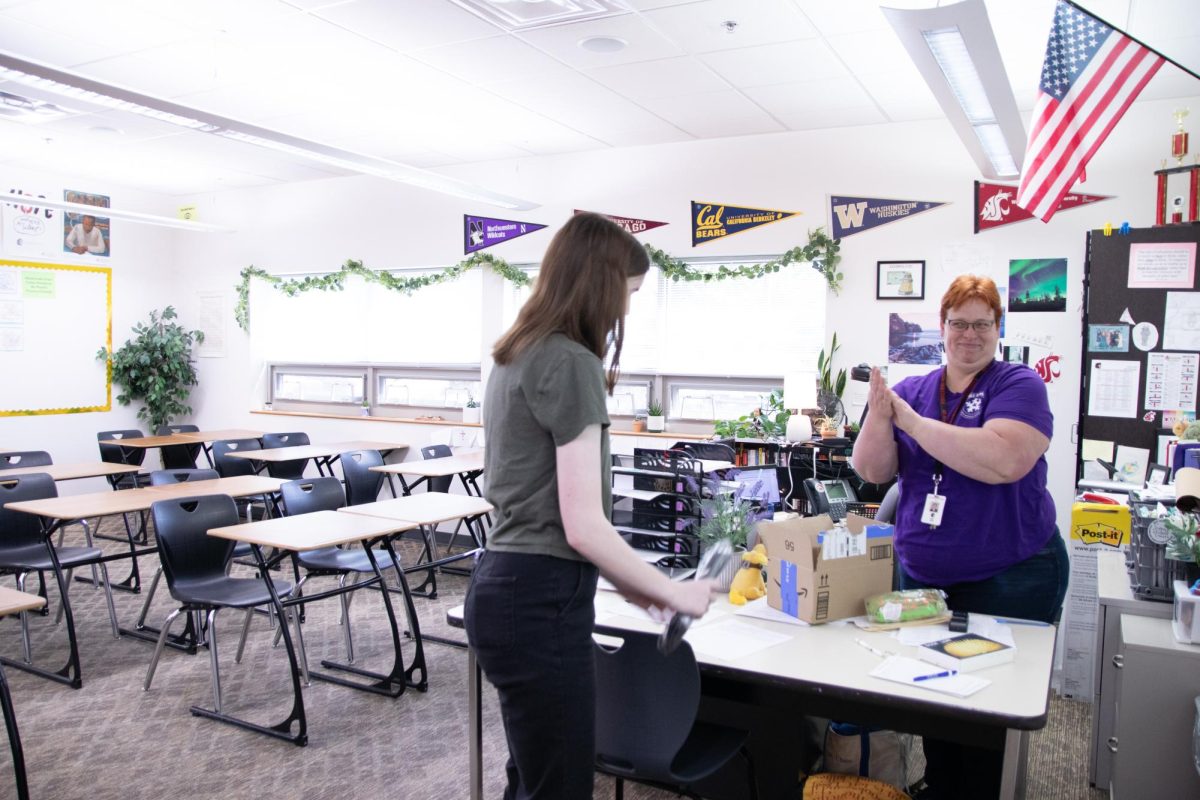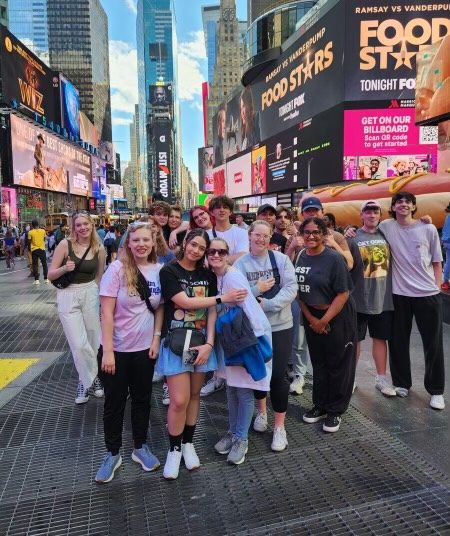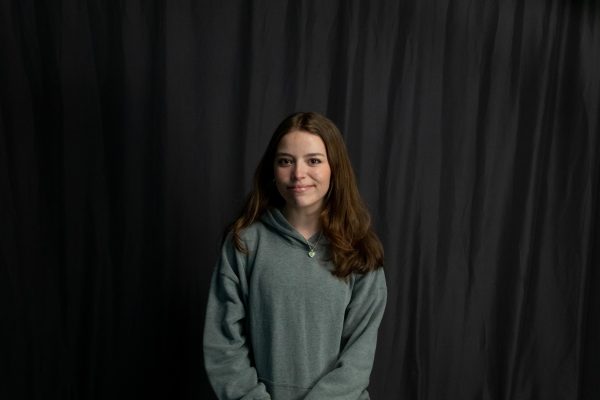Steilacoom High School’s Literature Club hosted a writing competition to showcase some of the talented writers within our school. In the poetry section, Freshman Kenzie Snow-Macomber placed third place, Senior Leocadia Saratsis placed second, and Senior Makenzie Barber won first place. For short stories, Sophomore Leo Gruba placed third, Junior Acario Cook placed second, and Senior Noelle Reger took home first place.
—————-
“Untitled” – A short story by senior Noelle Reger
Sunlight filtered into the hallway through the Senate’s pristine windows, illuminating the worker taking an oil painting off the wall across from Erica. She sat and watched the man drill the bolts from the corners of the artwork. The third screw came out and the painting swung down towards the floor, frame scraping the hard ground like nails on a chalkboard. Erica grimaced while the man crouched down to take out the last screw. What a waste, she thought, eyes tracing the swirls of soft oranges and pastel pinks.
It was a painting made by her favorite human artist. It was just a simple sunrise. Or maybe it was a sunset, Erica couldn’t really tell either way.
The final screw dropped to the floor and the painting nearly crushed the man’s legs as it fell, but he managed to catch it against the wall and slide it down to lean against the wall. A bronze plaque laid next to it, which used to hang right underneath the painting before they took that down, too. Erica couldn’t read it from her place, but she knew what it said nonetheless.
“NEW BEGINNINGS” BY FRANCESCA TRIPOLI
Another worker came around the corner carrying a second canvas. Taking the drill from the first worker, he prepared to bolt the new art into the wall while the other began hauling the painting and its plaque away, down the hall.
The new painting depicted a medieval scene: a servant kneeling before his king, who sat alone on an elaborate throne of gold with his robe spilling onto the floor. One hand clutched a staff while the other made a fist in the air, as if he was angry, although his face was expressionless. What was likely the servant’s family stood huddled together behind him, donned in simple clothes and carrying farming tools. It looked like something Erica would see in one of her high school history textbooks.
Next to her, the bathroom lock clicked. A woman, who had been in there for what felt like years, left the single-stall bathroom and Erica filed in after, flipping the lock behind herself.
While washing her hands, someone knocked on the door.
“Occupied,” she called.
“It’s me, can I come in?”
Erica blinked. “Sandra?”
She didn’t respond, but the knocking returned with vigor. Definitely Sandra, Erica thought, unlocking the door with an eye roll.
Sandra shoved through, hair whipping behind her in a yellow fury. “Do you think we’ll convince them?” Her eyes somehow looked bigger than usual as she shut the door and leaned back against it, trying hard to look relaxed.
“No, ‘Hello?’ No, ‘How are you, Erica? You must be stressed, since you’re responsible for the future of the creative world and all?’” Erica dried her hands and turned back to the mirror, pulling her curls in front of her shoulders. She started cracking as many of her knuckles as she could.
“You don’t get stressed. I do. And right now, I’m stressed about whether or not this will work.”
Back in July, the Regulating Artificial Intelligence Act of 2036 had been proposed. It was, in Erica’s opinion, a long-overdue piece of legislation containing strict federal limitations on how artificial intelligence could be used, to the point it was practically banned for most purposes. The nation was in an uproar. There seemed to be marches, protests, and speeches every other week, and Erica could hardly turn on the television without seeing a news story about the bill. Relentless arguments about efficiency and scientific progression versus integrity and the human spirit echoed throughout the country. Even while Erica and Sandra stood in the bathroom, there were picketers outside the building, some holding signs that said, “Protect the people, not the robots,” while others’ said, “Promote human advancement.” When she got too close to an exterior wall, Erica could hear them chanting over each other.
The Artificial Intelligence Committee in the Senate was holding a public hearing in ten short minutes. They were considering the bill, and Erica was sure her statement, which spoke for the Association for Protection Against Artificial Intelligence, would push them to pass it. After weeks of working on it with Sandra, editing and revising late into the night, and all their combined years of experience in law, how could they fail?
She said so to Sandra, who sighed and made eye contact with her in the mirror. “Yeah. I hope it will pay off. You’re the best we’ve got,” Sandra said. Her mouth moved hesitantly, like she couldn’t decide what to say next. Eventually, she just turned around and placed her hand on the door handle. “Good luck. Remember you’ll always be my favorite coworker.”
“Not much competition there, but thanks. I’m glad to hear I’m above Henry on your list.”
Sandra laughed. “No one could possibly be below Henry.” Then she was gone.
A glance at Erica’s watch revealed she had seven minutes. Her eyes returned to herself in the mirror, and she just looked for a minute. At her imperfect mascara and her slightly sweaty hairline, at her smile lines and crow’s feet. At her humanity.
On her way out of the bathroom, she passed by the medieval painting, now devoid of workers. She glanced at the new plaque beneath it.
“UNTITLED” GENERATED BY AI #SB-1074
~~~
The Senate committee chair, Senator Robbins, was a portly man. His eyes were set in a permanent squint, which made the whole center of his face tense and wrinkled. He looked simultaneously clean and dirty, with a crisply pressed suit and thin, slicked back hair which should have been shaved off years ago. Sandra watched a horse fly land on his head and circle the bald middle. A few other senators sat on either side of Robbins, but he had dominated the hearing so far. The room was spacious, but Robbins’ presence alone seemed to take up most of it.
Currently, a thin, sweaty young man was finishing his own comment, voice shaking as it echoed off the chamber walls. He was also asking the committee to pass the bill, though they lost interest when he couldn’t answer a question about how services that already used artificial intelligence would cope if the bill was put into law. The senators were doing a good job at pretending to pay attention regardless. The man’s voice trailed off mid-sentence and he sat back down.
Robbins coughed into his fist. “Thank you…” He glanced down at a sheet of paper in front of him. “…Mr. Thompson. Our next speaker will be Erica Henson. Please come to the stand.”
Erica straightened her shoulders and stood, dusting off the front of her pencil skirt. She glanced behind her at Sandra, who gave her an encouraging fist pump. The walk towards the committee members felt long and her legs were like lead as her heels clicked loudly on the tile.
She tapped the microphone and smiled. “Good afternoon. I’m Erica Henson. Today, I’m urging the committee members to pass the R.A.I.A. for the sake of humanity’s future,” she began. Robbins peered at her over his glasses. She cleared her throat. “Unregulated, A.I. will wipe out not only creative jobs, but jobs in manufacturing, engineering, construction, mechanics, and millions of others. A.I. can never replace a human, and–”
“It already has,” one senator interrupted nasally, leaning forward in her chair.
“Pardon?”
“A.I. has already replaced humans in various jobs, even some of the ones you’ve already described,” she clarified.
“Yes, well that’s the issue.” Erica took a breath to continue when Robbins joined in.
“And the A.I. is doing much better than humans,” he said. He interlocked his fingers on the desk and the horse fly lifted off his head, doing a lap around the committee members. “Why would I, as a hypothetical business owner, hire the objectively worse worker?”
Erica sniffed. “Senator, it will take away millions of Americans’ jobs.”
“Replaceable Americans.”
Erica grabbed onto the podium in front of her, feeling unsteady on her feet again. Out of the corner of her eye, she looked back at Sandra, who looked pale. They hadn’t prepared for this kind of questioning.
“But…” Erica’s voice cracked a bit and she cleared her throat a second time, starting again. “But if you gave all the jobs to robots, the economy would collapse. The cash flow would stop, people would have no money to spend,” she said incredulously. Her knuckles turned white where she was still gripping the podium.
“We can pay the A.I.,” Robbins stated, as if they were talking about the weather.
Erica thought he must be joking. “What would robots spend money on?” she breathed.
“Whatever we want them to.”
The room felt like it was spinning. Everything else Erica had planned to say flew from her mind. She knew her time was running out. The fly landed on Robbins’ name plate and he finally noticed it, looking down his nose. He let it crawl onto the desk before his hand came sailing down through the air, smacking loudly against the table and successfully squashing the fly. He made eye contact with Erica again and a shark-like grin curled across his face, sensing blood in the water.
“Thank you, Ms…. Henson.”
~~~
“Next.”
David stepped up to the scanner and stuck his face inside its perfectly circular, steel opening, eyes locked forward at a small shutter in front of him. Even small crevices like this couldn’t escape the black dust that permeated the mines. He coughed and there was a pang in his raw throat. The hospitals had an influx of black lung lately, with most of the population working in mines. None of the medicine seemed to work for him, though.
The shutter opened and there was a flash of blue, then green, and the robotic voice returned. “David Henson. Welcome. Today is: December 23, 2109. Your shift is: ten hours. Thank you. Next.”
He moved away and walked through the turnstile, officially starting his shift in the Robbins Coal Mine. It was pitch black, illuminated only by the occasional flickering lantern or the headlamp of a passing miner. Wherever the light passed through, black particles were visibly floating in the air like bits of dust kicked up in an old, abandoned room. All David could hear was drilling and the sound of pickaxes striking hard rock.
Before he could start his shift, David had to pick up a new headlamp, as his last one was lost when a part of the ceiling almost caved in on him the other day. So he immediately turned left, away from the caverns and down a narrow hallway dug into the earth. The walls were undecorated stone, but there were more lanterns here, at least. He entered the room at the end of the hall, which was just a space lined with shelves containing extra tools and materials. A man stood with his back facing David, staring straight ahead at the shelves.
“Hey, I just need a new headlamp,” David said, slipping his hands into his pocket as the cold started to set in.
The man turned. He was grinning widely. His head tilted and he waved at David, arm stopping at the end of its movements mechanically. “Hello. I am VG-9847. I will need to record this. Please give me your name and worker identification number.”
Definitely A.I., David thought. If the robotic name hadn’t given it away, then the voice alone certainly had. The one thing they’ll never get right is the voice.
While giving his information to the robot, David looked behind him at one of the few pieces of decoration he’s seen in the whole mine. It was a painting of a beach scene, with the sun setting in the background. Maybe it was rising. David couldn’t tell. He read the plaque then turned his focus back on the robot as he received his headlamp and began his shift.
“NEW BEGINNINGS” BY SB-1074
Danced at Dawn
A poem by: Makenzie Barber
I once danced at dawn
and the sun cast its gaze
Floating through the sky
the air parted way
I did my bow but the sun looked down
and I danced to midday
I danced at midday
and the birds sang their praise
The wind twirled with me
and we did a ballet
I did my bow but the sun looked down
and I danced to dusk
I danced at dusk
and the birds flew away
The wind left the stage
and the air carried away
I did my bow
but the sun was gone now
And I – fell into the night.

